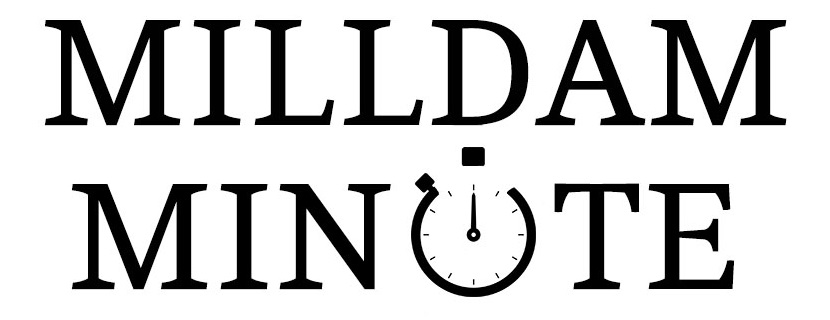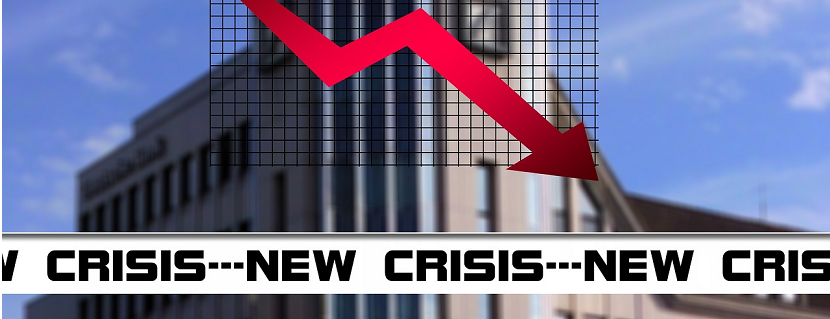It can’t have escaped your notice that several of today’s most recognizable names are sorely in need of some positive PR: Pepsi, United, and Sean Spicer. In solidarity with PR teams all over the world that are cringing at these parties’ recent debacles, today’s blog will examine the PR landscape that did and should surround these three incidents. First, a review of what happened:
Pepsi
Capitalizing on real protests, making light of weighty historical moments, and lending a tone-deaf ear to race relations in America doesn’t usually go over well. It was no different for Pepsi who launched an ad on Tuesday, April 4th featuring Kendall Jenner that managed to achieve all of the above. While the ad was intended to tap into the issues of a current generation, it only proved offensive. “It did indeed provoke conversation—about Pepsi’s tone-deafness” wrote Angela Watercutter in an article for Wired.com where you can also view the ad in question.
United
Following a recent PR crisis involving girls and leggings, United has had another bad week. A viral video surfaced on Sunday, April 9th showing police physically assaulting a man and dragging him off a United plane because the flight was overbooked and he wouldn’t give up his seat. Granted, the incident spread across the web like wildfire with minimal context, but the images in the video are hard to see as anything short of needlessly violent. The Economist, reporting on the situation, writes “The company’s initial response was possibly the worst bit of crisis-PR in history” as United used the (now made infamous) phrase “re-accommodate” to refer to what happened to the man on the plane.
Sean Spicer
During the holy Jewish holiday of Passover, Spicer stuck his foot in his mouth on Wednesday, “favorably comparing Hitler to President Bashar al-Assad of Syria” before weirdly calling Nazi death camps “Holocaust centers” reports the New York Times. Spicer’s lack of knowledge and tact resulted in extremely offensive comments during an already particularly sacred time for Jews.
The PR Responses
So far, all three participating offenders have apologized. Pepsi pulled the ad and made a statement, United tried to offer an explanation, and Spicer formally apologized for his comments. While immediate response was key, some were more successful than others.
Communication or Crap
Especially in this example, Pepsi should have consulted (perhaps taken the advice?) of a PR team before the ad was released. However, since that never fully happened, a series of apologies, as has been demonstrated, is the only real next step to moving forward. The Atlantic, interestingly, examines why (no matter what) the ad could be considered a success simply because of how much attention it received (after all, isn’t all press good press?).
Spicer appropriately stepped forward with an apology and, we all hope, sincerely intended no harm with his remarks and will learn from this situation. He also didn’t try to offer any excuses and simply took responsibility for the situation, which is about as much as we can expect after the unfortunate episode.
United seems to be worst off because of a lack of PR preparation in the middle of their crisis. First, the company waited to respond until Monday and when they did, the language provoked an outcry for its diminishment of the situation (referring to the incident as “re-accommodating” is offensive to everyone involved). CEO Oscar Munoz then blamed the victim in his letter to employees.
Simple steps that Munoz could have taken are:
- Candid apology to the victim, the passengers, and United employees for an incident that does not represent the values of United Airlines.
- Flown out immediately to meet with the victim and his family to offer an apology in-person.
- Roll out a new United Passenger Bill of Rights that respects the dignity of all travelers.
What We Can Learn From This
For all of the above PR crises, the power of the Internet reared its head and once again demonstrated how quickly word can spread. However, as Pepsi and Spicer have shown, a well-placed apology is the first and immediate PR step to take, as well as offering transparency into the situation and taking responsibility for action. Our primary takeaway is: don’t handle as United did! When it comes to a crisis, it important to a have a lever of emotional intelligence on the PR team, ensuring that empathy is conveyed through all public comments. We realize most of your PR crises won’t reach the levels of fame (we hope) that United’s has. Regardless, prepare for crisis before something happens so that you won’t become the next viral meme.
 Caroline Haley authors the column “Caroline’s Cloud” and is Vice President, Outreach & Operations for Milldam Public Relations.
Caroline Haley authors the column “Caroline’s Cloud” and is Vice President, Outreach & Operations for Milldam Public Relations.


